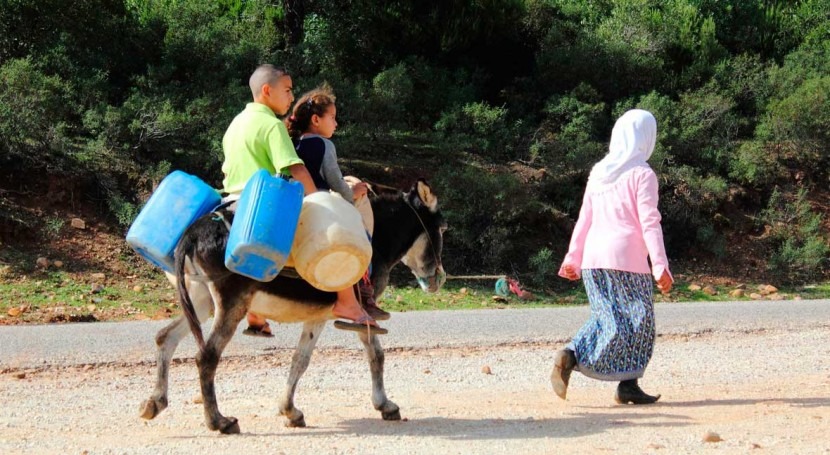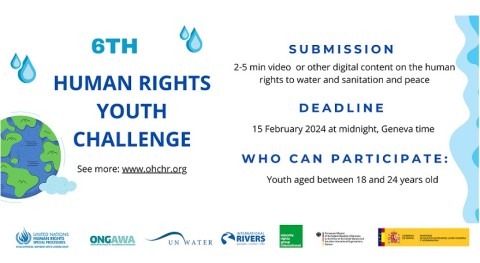As washing hands with soap and clean water is vital in the fight against COVID-19, governments worldwide must provide continuous access to sufficient water to their populations living in the most vulnerable conditions, UN experts* said.
“The global struggle against the pandemic has little chance to succeed if personal hygiene, the main measure to prevent contagion, is unavailable to the 2.2 billion persons who have no access to safe water services,” the experts said.
“We call on governments to immediately prohibit water cuts to those who cannot pay water bills. It is also essential that they provide water free of cost for the duration of the crisis to people in poverty and those affected by the upcoming economic hardship. Public and private service providers must be enforced to comply with these fundamental measures.
“For the most privileged, washing hands with soap and clean water - the main defence against the virus - is a simple gesture. But for some groups around the world it is a luxury they cannot afford.”
The UN experts welcomed the measures announced by some governments to mitigate the impact of the loss of jobs likely to result from the pandemic and called for policies to ensure the continuous access to water and sanitation.
“People living in informal settlements, those who are homeless, rural populations, women, children, older persons, people with disabilities, migrants, refugees and all other groups vulnerable to the effects of the pandemic need to have continuous access to sufficient and affordable water. Only this will allow them to comply with the recommendations of health institutions to keep strict hygiene measures,” the UN experts said.
They expressed concerns that economically vulnerable people will become victims of a vicious cycle. “Limited access to water makes them more likely to get infected. Infection leads to illness and isolation measures, making it difficult for people without social security to continue earning a living. Their vulnerability increases, which results in even more limited access to water. Governments need to implement measures to break this cycle.








